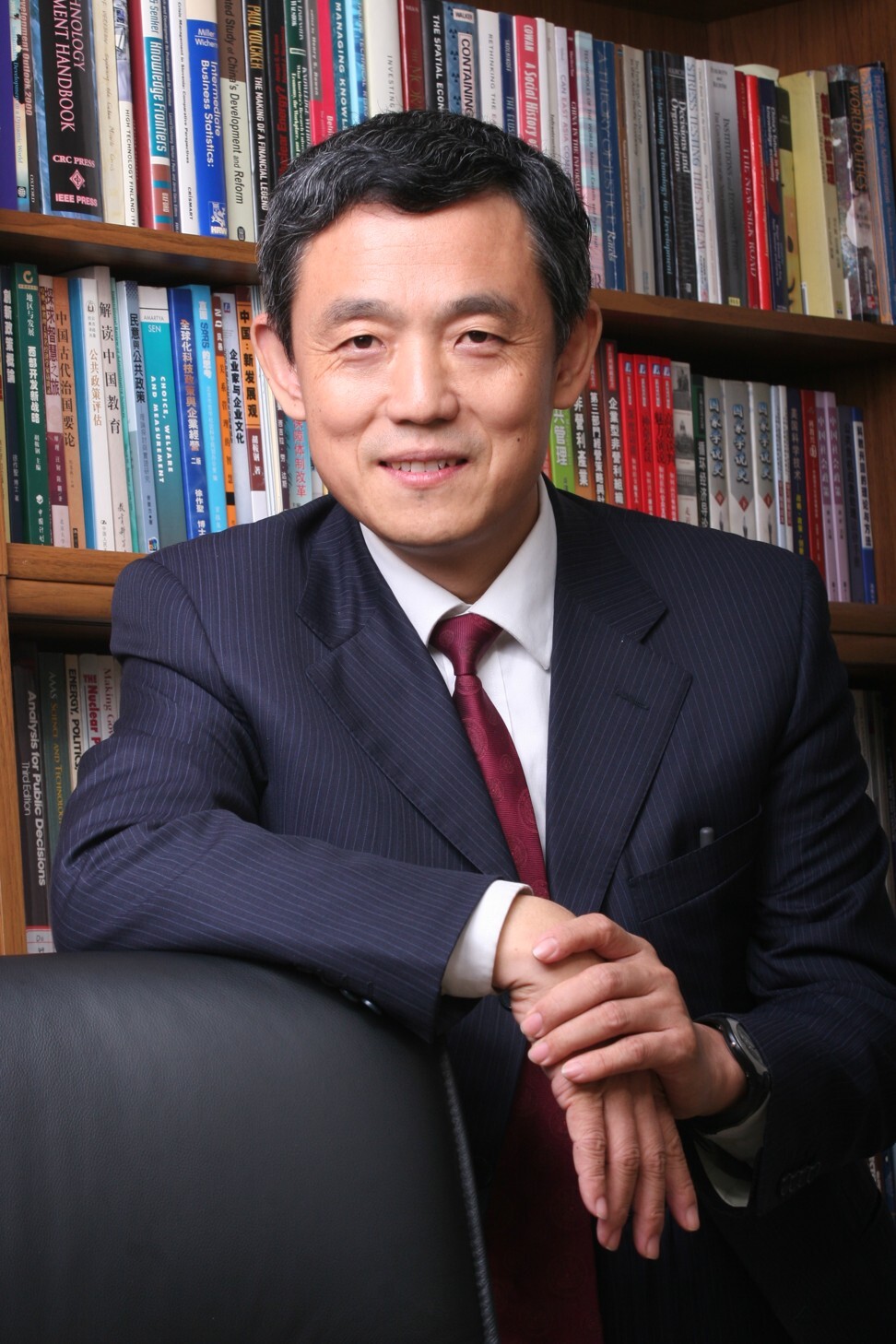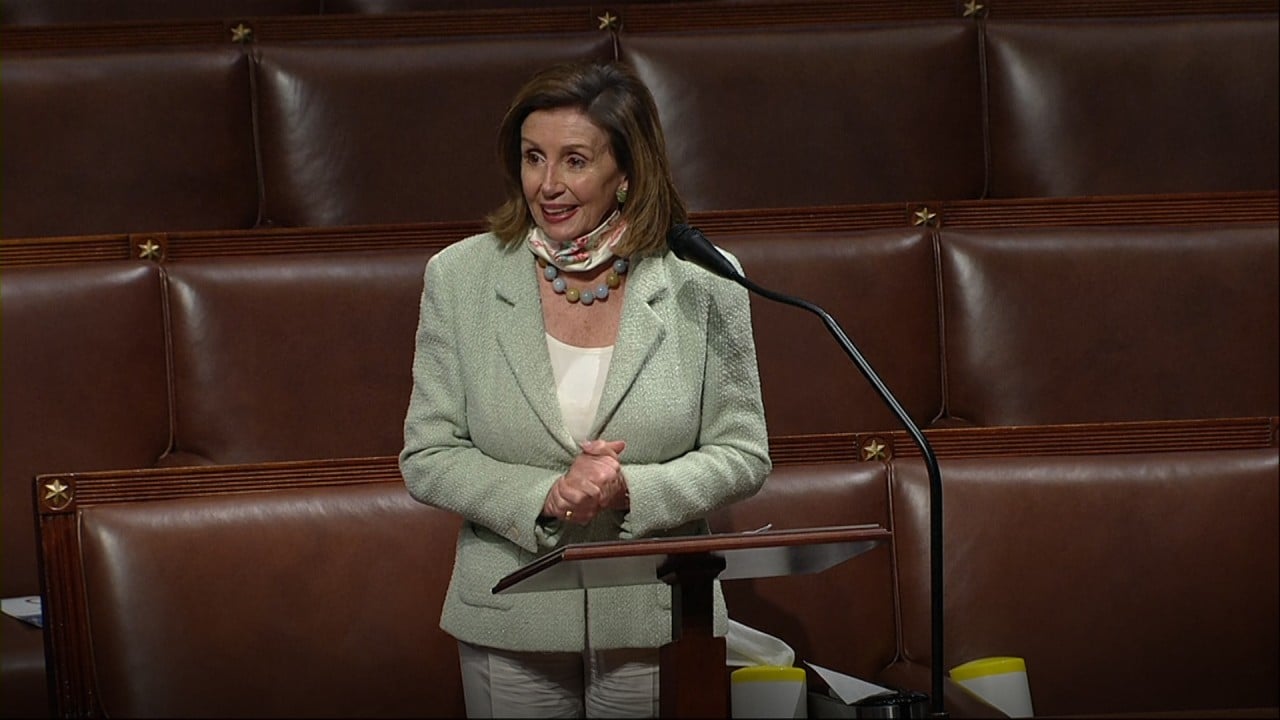
Data privacy concerns weigh heavily on China’s AI leadership ambitions amid US trade sanctions
- China’s widely held advantage in AI is the huge amount of data generated by its more than 900 million internet users, the world’s biggest online population
- The country’s top lawmaking body has started reviewing a draft data security legislation that aims to protect individual privacy, while also promoting the relevant use of data
China must strike a delicate balancing act to advance artificial intelligence development, while ensuring the technology’s ethical application, according to industry officials, following recent US sanctions against local AI enterprises over data privacy and human rights violations.
“Data governance is a major challenge we are facing in this era, not only in the field of artificial intelligence but also in platforms with more extensive information applications,” said Xue Lan, who serves as director of the National New Generation Artificial Intelligence Governance Committee, at a forum during the World Artificial Intelligence Conference (WAIC) in Shanghai on Friday.
Xue, also the current dean of Schwarzman College at Tsinghua University in Beijing, said that “regulations on the ownership and use of data are still to be improved”.
His call for improved regulation comes more than a year after the AI committee he represents was established by the Ministry of Science and Technology to provide policy recommendations for AI governance and identify areas for international cooperation.

The Ministry of Public Security Institute of Forensic Science and eight other Chinese companies, including AI start-ups CloudWalk and Intellifusion, were added to that trade blacklist over Beijing’s alleged treatment of Uygur Muslims and other predominantly Muslim ethnic minorities in the country.

03:21
US House of Representatives sends Uygur Human Rights Policy Act to Trump’s desk for approval
China’s widely held advantage in AI is the huge amount of data generated by its more than 900 million internet users, the world’s biggest online population, as of March this year. So there are concerns that strict regulation on data-gathering by AI and other hi-tech applications could hurt China’s AI leadership ambitions.
“Compared to computing power and algorithms, the only dimension where we can narrow the gap [with Western countries] in artificial intelligence is data,” said Huang Wei, chief executive of speech recognition and language processing start-up Unisound Intelligent Technology, in a round table discussion at the WAIC. “It will be a self-defeating act if [regulation] becomes too strict in the use of data.”
“I think we must be smart in legislation, and be sure to monitor different data in different ways,” said Zhou Xiang, chief executive of United Imaging Healthcare, a medical imaging systems and equipment company, at the WAIC round table discussion. “For companies that are using AI to help treat diseases, it will suffocate them if regulation is too restrictive.”
China’s lawmakers review draft data security law as digital economy grows
China’s top lawmaking body has started reviewing a draft data security legislation that aims to protect individual privacy, while also promoting the relevant use of data. It was submitted to the National People’s Congress (NPC) Standing Committee for the first reading earlier this month, according to a report by state news agency Xinhua.
The NPC’s standing committee is expected to finish the review by the end of this year.
“[Rigid regulation] will be a challenge for companies that only focus on developing the basic AI algorithms,” said Sun Lilin, founder and chief executive of Juzix, a privacy computing and blockchain technology services provider. “It used to be, for example, banks or internet companies could access data directly, but now it will not be allowed any more. All data sources must be clear and traceable, and a higher bar will be placed when it comes to data legitimacy and boundaries of using it.”


